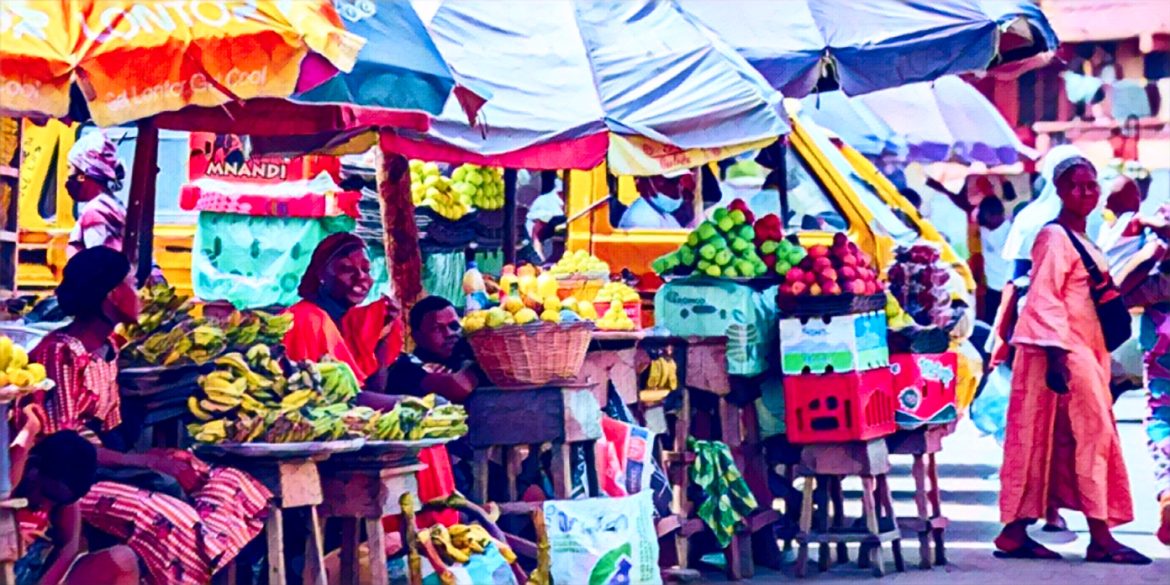KEY POINTS
- Nigeria’s PMI continues to hover below 50.0 and therefore reveals that the private sector is not yet out of the woods.
- Business growth is suppressed through high inflation, rising costs and unemployment.
- Although agriculture and manufacturing sectors saw growth, sectors like retail and services still continue on a down turn.
Nigeria’s Purchasing Managers’ Index (PMI) for November stayed below the critical 50 point mark, indicating ongoing challenges in the business environment, in which deepened inflationary pressures have continued to hamper sustained business activity.
Business struggles to continue, says PMI
A key indicator measuring the environment for doing business the PMI was below the 50.0 mark for the fifth straight month. A reading above 50.0 indicates that business conditions are improving, below signals a decline.
In November, the reading of the PMI came in at 49.6, up slightly from October’s 46.9 still indicating a slight decline in overall business activity in the most recent month.
In its report, the Stanbic IBTC PMI revealed that with some tentative signs of recovery, increase in the cost of goods and services and rising unemployment still hindered business activities.
High prices have become a barrier to customer demand and are forcing companies to lower the prices they pay for products, as well as reducing the numbers on the workforce.
Inflation, unemployment and sectoral Impact
Inflationary pressures from energy and raw materials prices that have been soaring were cited by the report as a main factor behind continuing difficulties.
Businesses reported their employment levels declined, as they attempted to adjust to the new higher costs of doing business. Business activity contracted for the fifth straight month as weak demand and an inflationary environment took their toll.
But the report said some sectors, such as agriculture and manufacturing, did see light improvements, as output increased. However, wholesale & retail and services sectors continued to decline. These data symbolise a sectoral divergence, indicating by how much inflation is uneven per industry.
An insight from Stanbic IBTC
Despite the less steep descent, Muyiwa Oni, head of equity research, Stanbic IBTC Bank said other challenges such as high costs, energy price increases and currency depreciation were weighing on the economy.
Signs of demand would come and go in some areas, with many businesses hindered by high prices of goods and services, he said.


